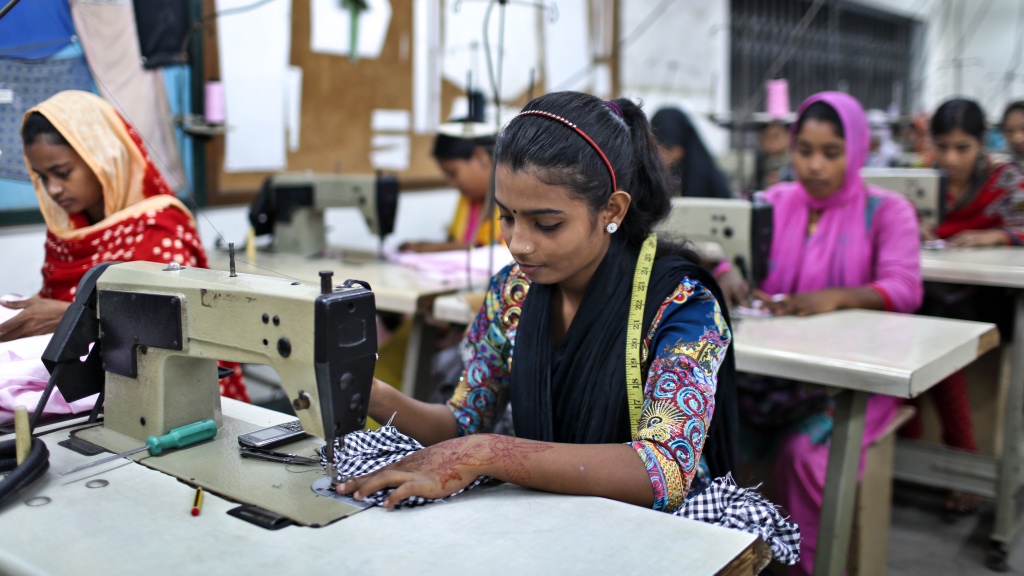 The call was made at a recent panel discussion hosted by the Pakistan Accord Secretariat and attended by 70 participants representing 30 covered factories as well as the International Labour Organisation (ILO) and Deutsche Gesellschaft für Internationale Zusammenarbeit (GIZ).
The call was made at a recent panel discussion hosted by the Pakistan Accord Secretariat and attended by 70 participants representing 30 covered factories as well as the International Labour Organisation (ILO) and Deutsche Gesellschaft für Internationale Zusammenarbeit (GIZ).
The Workplace Program, which includes Safety Training and a Complaints Mechanism at covered factories, is a key component of the Pakistan Accord. It aims to help build the capacity of joint labour management Safety Committees to maintain safe workplaces, raise workers’ awareness of safety and health, ensure compliance with OSH-related requirements, and provide workers with access to remedies. In his opening remarks, Zulfiqar Shah, country manager of the Pakistan Accord, highlighted the importance of workplace safety. He also appreciated the cooperation extended by key stakeholders, particularly the factories.
In his update, he noted that since the Pakistan Accord on Health and Safety in the Textile and Garment Industry took effect in January 2023, 128 brands that collectively source over $3bn worth of goods from 500 factories in Pakistan’s Sindh and Punjab provinces have signed the agreement. It aims to reach over 500,000 workers through its safety training programme and has conducted safety inspections in over 80 factories.
Kirstine Drew, chief complaints officer, Pakistan Accord explained in her presentation that the right to refuse unsafe work, provision of safety training programmes, joint labour management safety committees, and the complaints mechanism are the cornerstones of worker participation in the Accord programme.
The complaints mechanism is implemented on behalf of signatory brands and in accordance with UN effectiveness criteria – legitimate, accessible, predictable, equitable, transparent, and rights-compatible – as well as the requirements of due diligence legislation. The Accord team works with factory management and brands to address complaints and ensure the delivery of remedies.
In the panel discussion, Rehan Ahmedani, representing Synergies Sourcing, and Neelofar Saleem, representing Bestseller, emphasised that having an independent complaints mechanism in place is now a legal requirement for brands under various legislations in Europe, such as the German Supply Chain Act and the EU Corporate Sustainability Due Diligence Directive (CSDDD).
Both speakers noted that receiving complaints is not necessarily ‘bad’, and they prefer to work with suppliers who have efficient and effective systems to address them. They also encouraged supplier factories to embrace the Safety Training Program as an opportunity to strengthen workplace safety and health and contribute to learning.
The event concluded with a collective commitment to make workplaces safer for factory workers. The Pakistan Accord Secretariat is planning to organise similar informational sessions with additional covered factories in Lahore and Karachi.


















